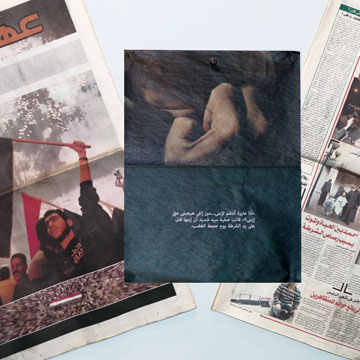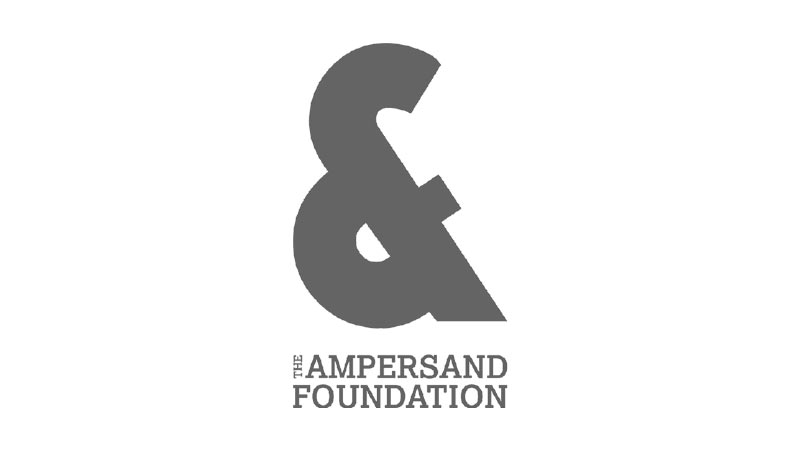
Laura El-Tantawy
Newspapers - An Archive of Human Strife
The newspapers on display here are a memento of a historic chapter in Egypt’s contemporary political history. I bought them on February 12, 2011 — the morning after former Egyptian President Mohamed Hosni Mubarak stepped down from nearly 30 years in power. His resignation came after thousands of Egyptians persistently took to the streets for 18 consecutive days calling for “Bread, Freedom, Social Justice.”
“I am here until he [Mubarak] leaves and I know I may die fighting for it,” I recall one Egyptian man telling me.
My work in Egypt began before I understood its complexity. It was in mid-2005, a few months after my maternal grandmother unexpectedly passed away. Her death struck chaos in my family’s otherwise structured existence. Death is the ultimate disorder. It leaves vast holes that others have to compensate for. I witnessed the pillars of ‘family’ and ‘home’, as I knew them, destruct around me.
I turned to the streets of Cairo to escape the darkness of death. I wanted to connect to a people of whom I am one, but among whom I felt like a stranger. The byproduct of being a loyal child of the east who became an adult influenced by the west after studying and working in the United States for nearly 10 years. It was a fragile moment in my life and this fragility stayed with me. The parallel narrative of my own search for identity and the larger story of what became an entire country’s struggle for identity was serendipitous.
In 2015, I self published my first monograph titled “In the Shadow of the Pyramids”. It’s a first-person account exploring memory and identity. With images spanning 2005 to 2014, what began as a look in the mirror to understand the essence of Egyptian identity expanded into an exploration of the trials and tribulations of a troubled nation. Later the same year, I self-published a newspaper titled الشعب | The People (also on display here). The newspaper chronicles how Egyptians fought for social and economic change in the face of a brutal political regime that wanted to maintain the status quo. الشعب is narrated by “the people” for the people — featuring interviews and accounts by Egyptians I spoke to during the protests. I see it as my contribution to celebrating and preserving the memory of one of the most historically relevant chapters in modern-day Egypt’s story.
Activity/Event Score
Create your own mini-newspaper relating one of your stories











